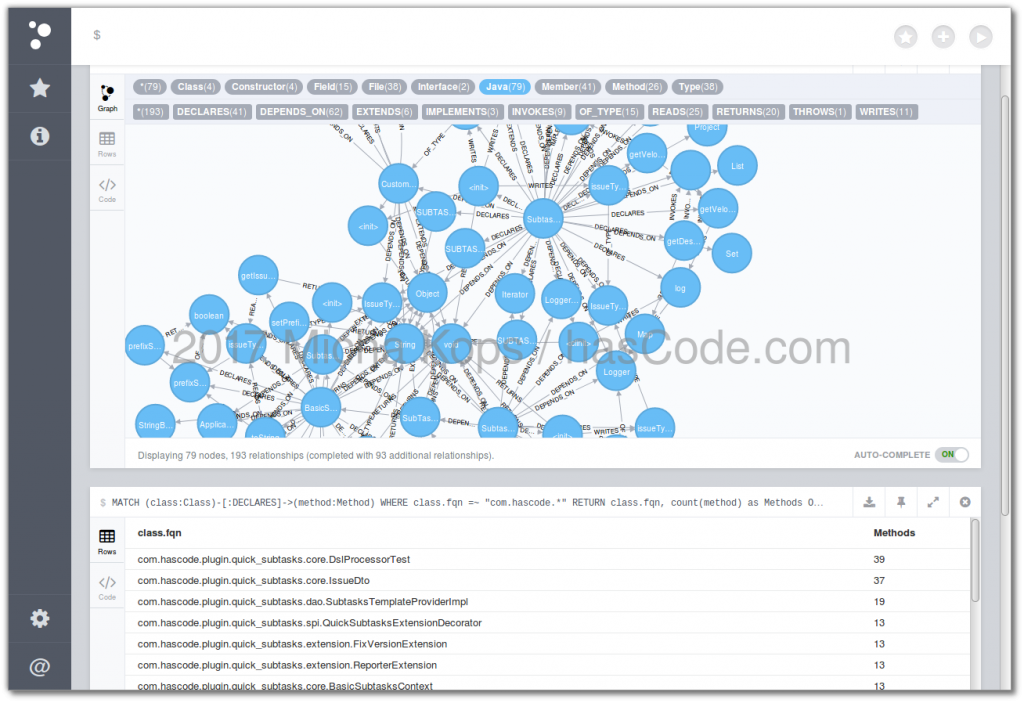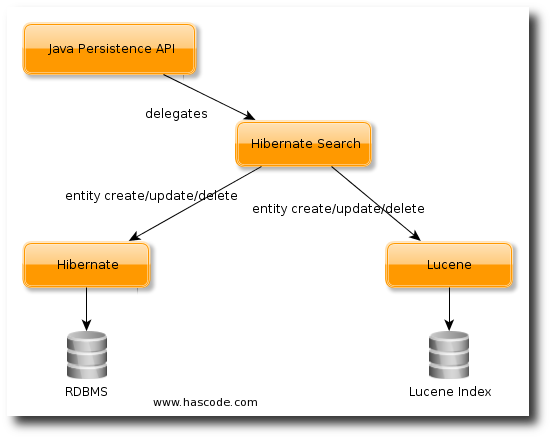
Software Architecture Exploration and Validation with jqAssistant, Neo4j and Cypher
I have written about other software system analyzing and validation tools before but today I would like to introduce a new tool named jqAssistant that supports software architects, developers and analysts in a variety of tasks like analyzing given structures, validating architectural or quality constraints and generating reports. Therefore jqAssistant analyzes given projects or artifacts and stores the gathered information – that is enriched by a variety of existing plugin-ins – in a Neo4j graph database. ...
